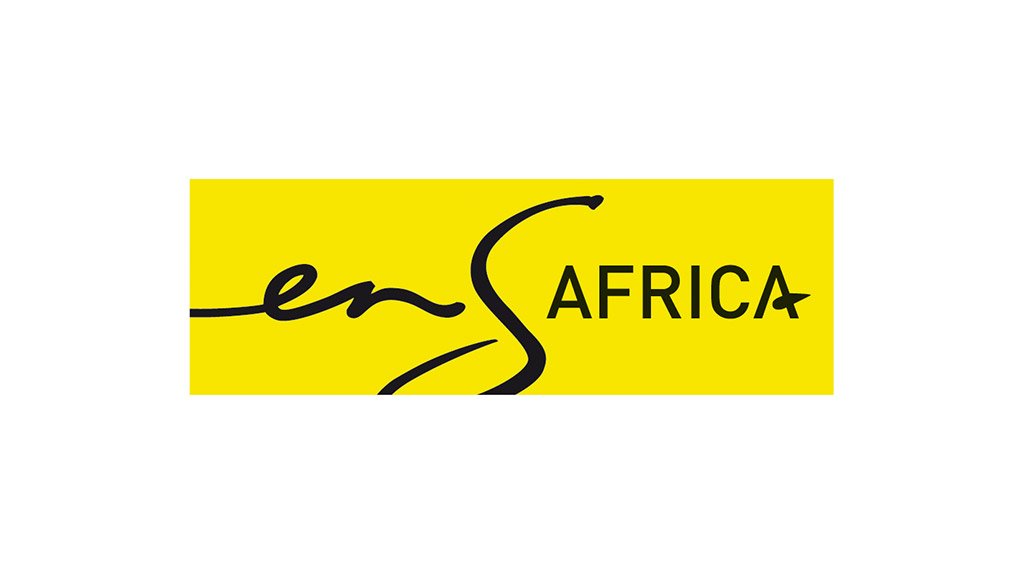The Nigeria National Petroleum Corporation (NNPC) on 7 December gave the thumbs up to the Petroleum Industry Governance Bill (PIGB) being legislated upon by the National Assembly, which splits the state-run corporation into three different entities.
At the commencement of a three-day public hearing on the Bill at the National Assembly on Wednesday, the NNPC said it welcomed the initiation of the bill.
The corporation said the new bill would serve as the necessary prelude to the enactment of subsequent legislations for the upstream, midstream and downstream, fiscal, commercial and operational framework for the oil and gas industry.
The NNPC also acknowledged that the initiation of PIGB as a separate bill from the fiscal and commercial framework would hasten the overall consideration of the Petroleum Industry Bill (PIB) and also facilitate the "ease of execution when eventually passed into law".
The PIGB, which focuses mainly on administration and privatisation of the petroleum industry, splits the NNPC into three different entities: The Nigeria Petroleum Regulatory Commission (NPRC), National Petroleum Assets Management Company (NPAMC) and Nigeria Petroleum Company (NPC).
While the NPRC will serve as a regulatory entity for the entire petroleum industry (upstream, midstream and downstream), the NPAMC will serve as the counter-part and administrator of production sharing agreements and such other risk-based agreements as the government may decide to conclude.
The Bill also envisages the NPC to serve as an integrated oil and gas company operating as a fully commercial entity across the value chain.
The NPC's activities will include joint venture operations, operation of the Nigeria Petroleum Development Company (NPDC), frontier exploration and other upstream/service activities, refineries and petrochemicals, downstream activities and sale and disposal of crude oil and products.
During a presentation at the public hearing, the Group Managing Director of NNPC, Dr. Maikanti Baru, suggested assigning NPRC the role of administering royalties, rentals, fees and other petroleum revenues, but the Federal Inland Revenue Service (FIRS) should retain its roles as the collector and administrator of petroleum profit tax (PPT), company income tax and other taxes.
He also suggested the need for the Bill to empower the NPC to publish every year a detailed report on all petroleum revenue payments to the government, including royalties, rentals, PPT and corporate income tax, among others.
EMAIL THIS ARTICLE SAVE THIS ARTICLE FEEDBACK
To subscribe email subscriptions@creamermedia.co.za or click here
To advertise email advertising@creamermedia.co.za or click here











